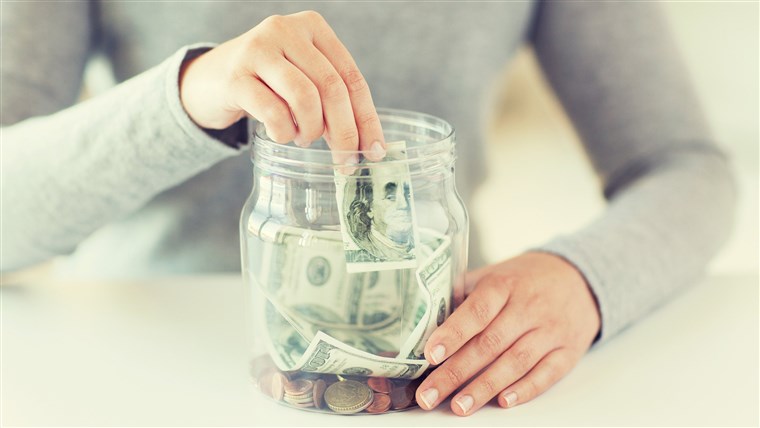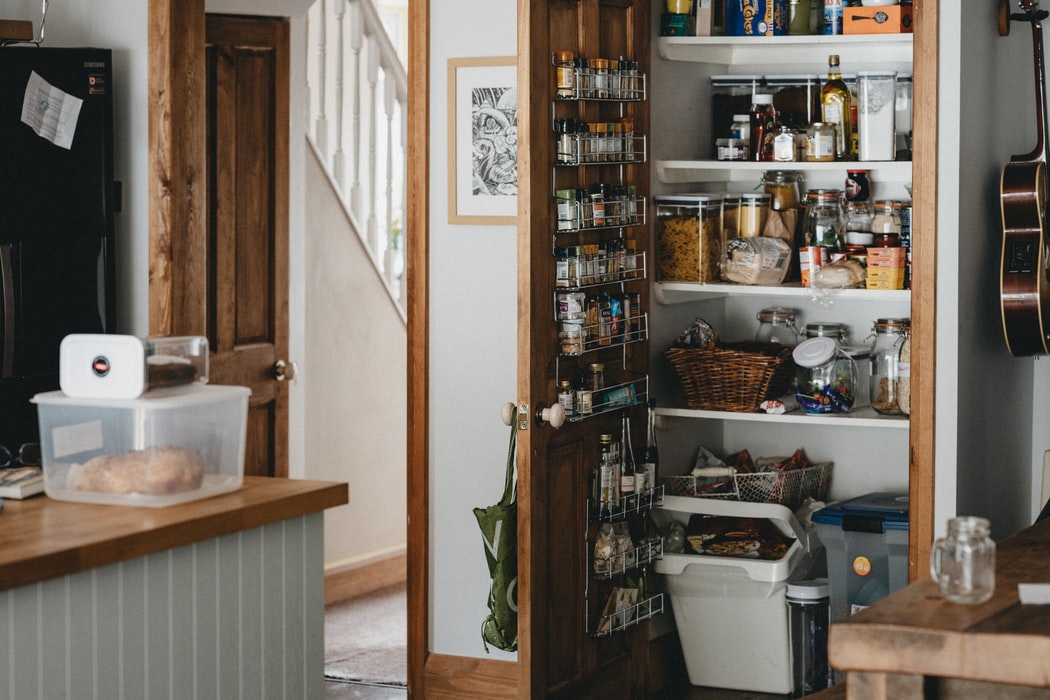What to Expect After an HVAC System Upgrade
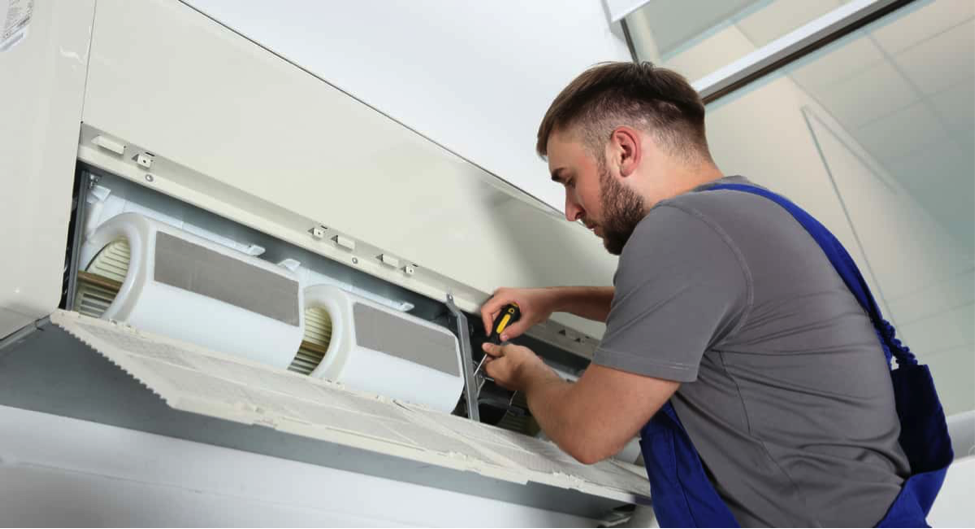
Like most homeowners, you are probably looking for ways of keeping your household efficient!
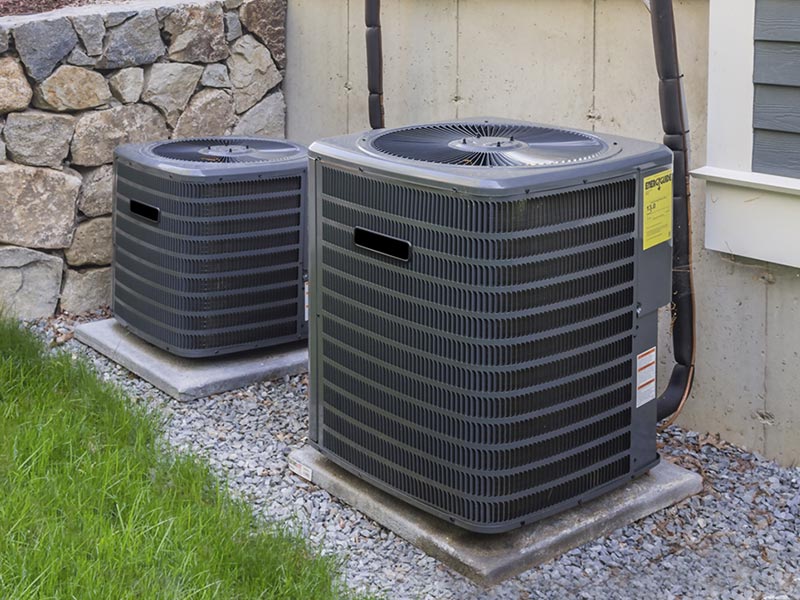
Photos By: Stock Images
Maintaining your HVAC system should be one of the many tasks on your to-do list. With proper maintenance, your HVAC unit can last and perform effectively for over 10 years. Unfortunately, even with stellar maintenance records, it comes a time when your HVAC unit needs some upgrades.
Unlike investing in a new HVAC unit, which is expensive, upgrading your unit is cost-effective and beneficial in many ways. Read on to learn when and what to expect after an HVAC system upgrade.
When Should You Upgrade Your HVAC?
Upgrading your heating and cooling system is beneficial in many ways, including improved comfort, indoor air quality, and reduced utility bills. However, before spending copious amounts on upgrades and new installations, you should check your house and HVAC unit for costly leaks. These minor issues could be the cause of HVAC inefficiencies.
Start by hiring energy efficiency professionals to conduct an energy assessment and HVAC experts from Thomas & Galbraith heating and cooling company to check on system problems. Ideally, you should upgrade your system if:
- If the air conditioner, boiler, and furnace run a lot
- If the HVAC unit is more than 10 years old
- If your energy bills have suddenly increased
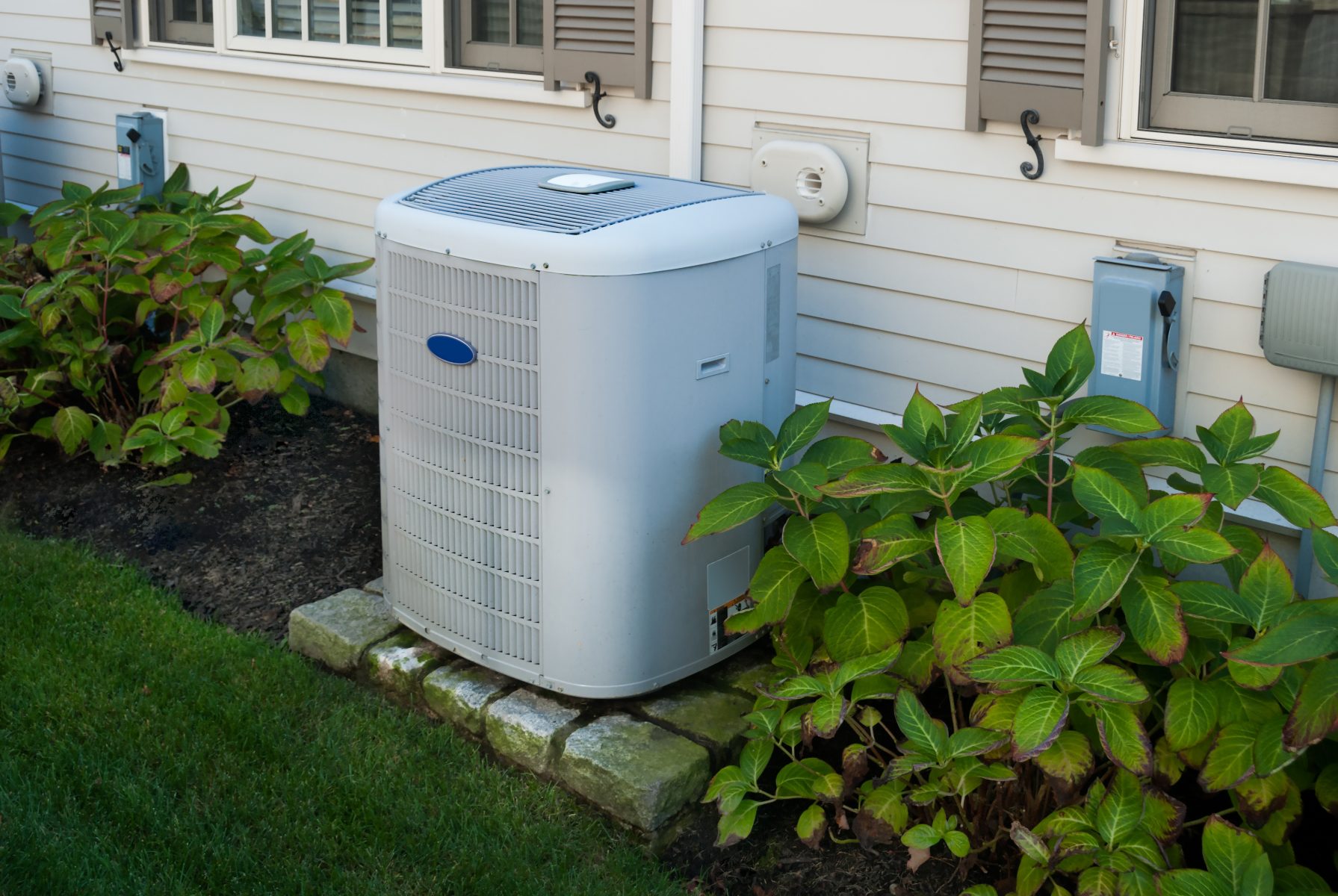
What to Expect After the Upgrade
Below are a few things to expect after an HVAC system upgrade:
1. Reduced Utility Bills
Heating and cooling systems are the biggest consumer of energy in homes, contributing to 40% of energy bills. Inappropriately sized or outdated HVAC units are not as effective as new systems. If your heating and cooling system is more than 10 years old, your energy bills will increase.
Upgrading the HVAC unit can significantly lower your energy bills without sacrificing comfort. You can heat and cool your home efficiently by installing a correctly-sized and updated system while paying less. While making system upgrades is expensive, your monthly savings on energy will make the upgrades worth it.
2. Few HVAC Repair Appointments
Regular HVAC maintenance is important to keep your system effective, but it won’t lengthen its lifespan. Ideally, you should replace your system after 10 to 15 years. You should consider upgrading if you start noticing problems that necessitate scheduling regular repair appointments to keep the unit functional. While a new system still needs maintenance services, it requires few repair appointments.

3. Improved HVAC Performance
The functionality and efficiency of heating systems decline with advancing age. Due to aging system components and outdated technology, old systems don’t perform effectively. As a result, your system won’t effectively regulate indoor temperatures and air quality as before.
These changes not only increase your cooling bills but also makes it difficult to enjoy the indoors. Upgrading your unit means purchasing a system that uses modern technology with the latest standards and regulations and meets your needs. Modern systems are environmentally-friendly and very functional.
Endnote
You shouldn’t overspend your hard-earned cash scheduling regular HVAC repairs and paying high energy bills. Instead of suffering during the hot summer and cold winter temperatures, upgrade your HVAC unit for efficient heating and cooling and reduced energy bills.


